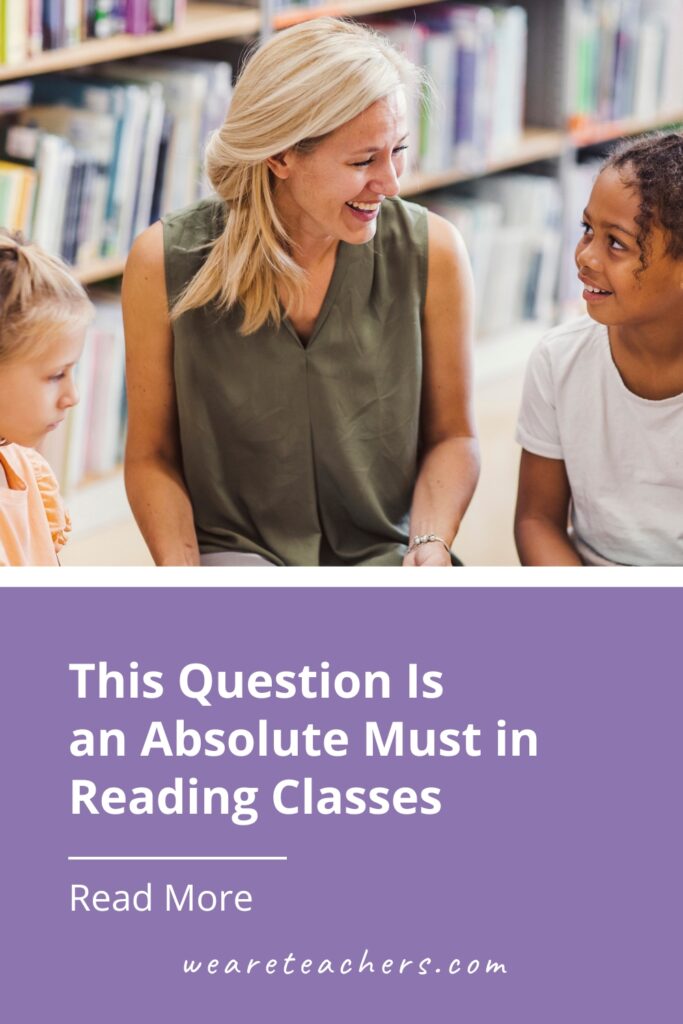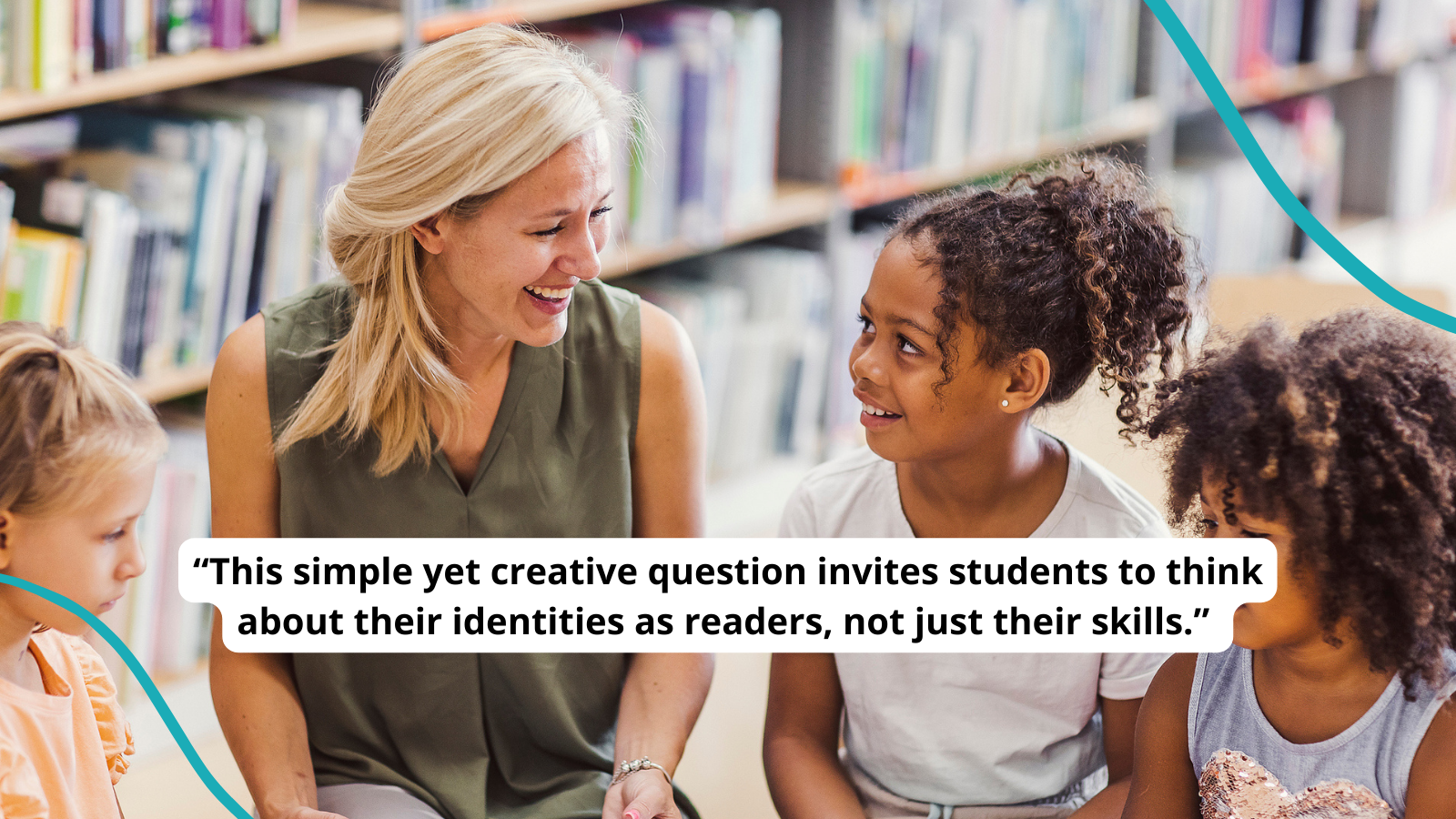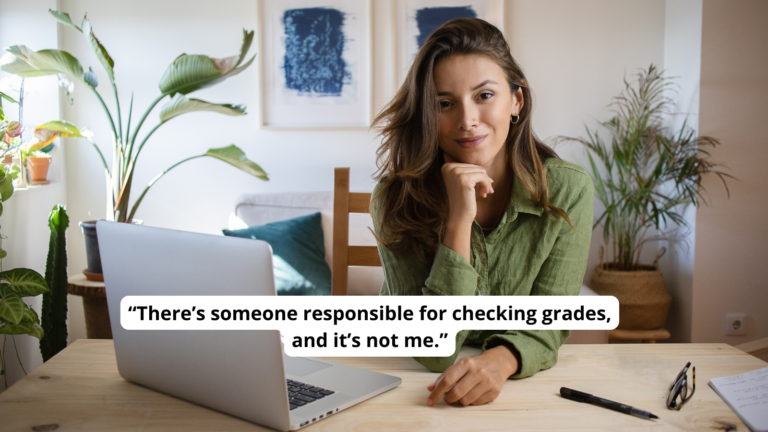Did you know that during the average school day, teachers pose around 400 questions to students?
That adds up to about 70,000 questions a year, whether they are intentionally crafted questions that are part of the curriculum or on-the-fly questions that respond to students’ needs and hold their attention.
Out of all those questions, there’s one that you likely haven’t asked students that could be a game changer for their reading life:
“If your book stack could talk, what would it say?”
This simple yet creative question invites students to think outside the box of their reading lives to reflect and set concrete goals related to their identities as readers, not just their skills.
Here’s how it works:
Ask students to stack up the last three to five books they have chosen to read recently. If this is not possible, they can create a simple list noting the titles and authors instead.
Next, prompt students to reflect on their book choices and pose this question: If your book stack could talk, what would it say?
If this is the first time students have been asked this question, they’ll likely need a bit of support. You might gather your own stack of recently read books and share your thinking aloud with students as a model. Or you might ask them some guiding questions instead:
- What would your book stack say about the types of books you chose?
- What would your book stack say about the genres you chose?
- What would your book stack say about the authors you read?
- What would your book stack say about the characters you’ve met?
- What would your book stack say about the topics you’ve explored?
Encourage students to share their thinking with a partner. If they’re up for some additional fun, encourage them to imagine what their partners’ book stacks would say too. Here are two examples:
“I like books that are interesting and teach me things. I like short chapter books that I can read quickly. I love learning new facts.”
- From an Idea to Nike by Lowey Bundy Sichol
- Who Is Shaquille O’Neal? by Ellen Labrecque
- I Survived the Joplin Tornado by Lauren Tarshis
“I like books that tell a great story and I can learn from the characters. I like making new friends through books and learning lessons that can make my life better.”
- The Benefits of Being an Octopus by Ann Braden
- Blended by Sharon Draper
- Almost Home by Joan Bauer
After thinking about what their book stacks might say, students can showcase those messages on sticky notes or a speech bubble template like this one and display them in the classroom. Invite students to browse the speech bubbles and learn from their classmates’ stacks. They might even find new titles to read based on the books their classmates are reading too.
After browsing their classmates’ book stacks, invite students to think about what they WISH their book stack would say about them. This simple rephrasing of the question prompts students to reflect on what they want next for their reading lives, offering a powerful opportunity for goal setting.
Again, you might want to model this thinking for students using your own book stack. If we return to the examples above, those students might say something like:
“I wish I read more books on the same topic so I could become an expert on it!”
“I wish I read more books with poetry since I love poetry but don’t read a lot of it.”
These wishes can turn into powerful reading goals for the next set of books students choose to read and spur them to grow their reading lives in purposeful and powerful ways.
Looking for more articles like this? Be sure to subscribe to our newsletters!


